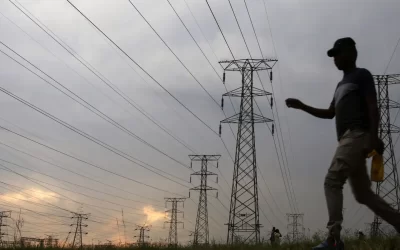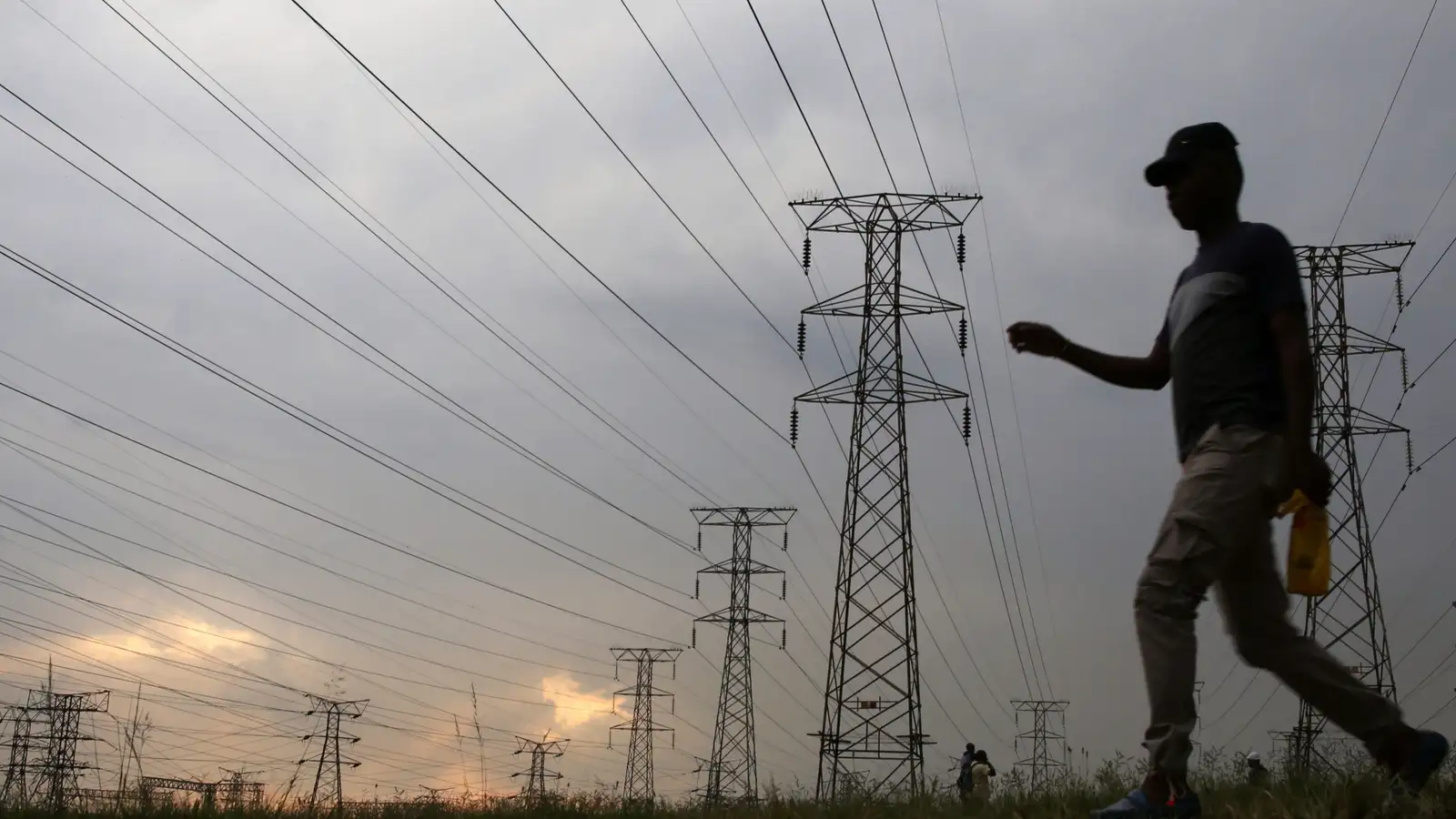CBK Spares Borrowers from Increased Loan Interests

The Central Bank of Kenya (CBK) decided not to raise loan costs, keeping them steady after the Monetary Policy Committee (MPC) meeting on Wednesday3rd April 2024. This move aims to help borrowers manage their finances better.
CBK mentioned that their current approach to monetary policy has helped control inflation caused by excess money circulation. However, despite banks reducing loans and the rising number of bad loans, there’s still a growing debt problem for Kenyan borrowers.
In a statement after their meeting, CBK expressed optimism about inflation decreasing, which would be a relief for financially struggling Kenyans. The government, under President William Ruto’s leadership, has faced pressure to lower the cost of living and ease financial burdens on citizens.
The inflation rate, a measure of living costs, dropped to 5.7% in March from 6.3% in February due to lower food and non-food prices.
“The MPC noted that our past actions have helped lower inflation, manage currency exchange rates, and stabilize expectations. Overall, inflation is expected to keep dropping in the short term, thanks to lower food and fuel prices and the effects of recent currency gains,” said CBK Governor Kamau Thugge.
Therefore, CBK decided to maintain the Central Bank Rate (CBR) at 13.00%, ensuring that inflation keeps heading towards the target range midpoint of 5.0%.
There’s been a slight improvement in food inflation, down to 5.8% in March from 6.9% in February, mainly due to lower prices of items like maize, wheat products, carrots, kales/sukuma wiki, spinach, and cabbages. This is attributed to increased supply from ongoing harvests and favorable weather conditions.
Fuel inflation also dropped to 12.3% in March from 13.4% in February, largely due to the stronger shilling leading to lower electricity and pump prices.
The shilling’s strength against the US dollar has been consistent, bringing hope for lower living costs and reduced debt burdens. This currency boost also hints at lower electricity costs and relief from debt repayment challenges.
“Non-food non-fuel (NFNF) inflation remained steady at 3.6% in February and March,” Dr. Thugge noted. “We expect overall inflation to keep easing due to lower food and energy prices, currency gains, and ongoing monetary policy impacts.”
Despite these positive indicators, data from CBK shows limited access to credit for the private sector after the recent rate increase. Private sector credit grew by 10.3% in the twelve months to February, down from 13.8% in January.
Dr. Thugge also mentioned an increase in bad loans, with the ratio of gross non-performing loans (NPLs) to gross loans rising to 15.5% in February 2024 from 14.8% in December last year.











